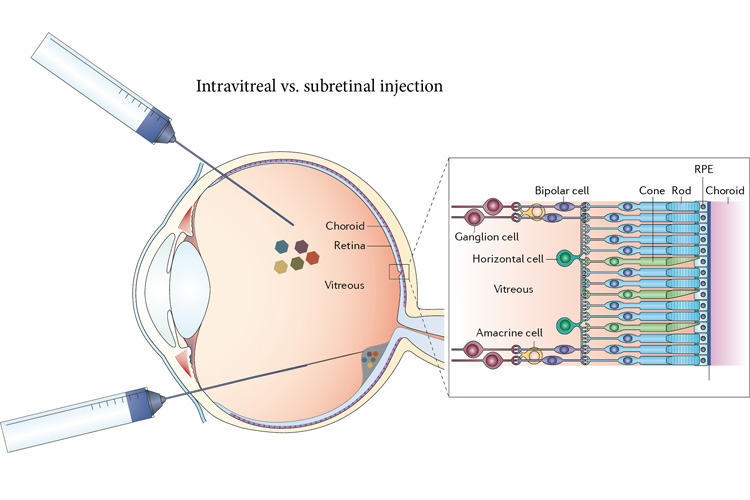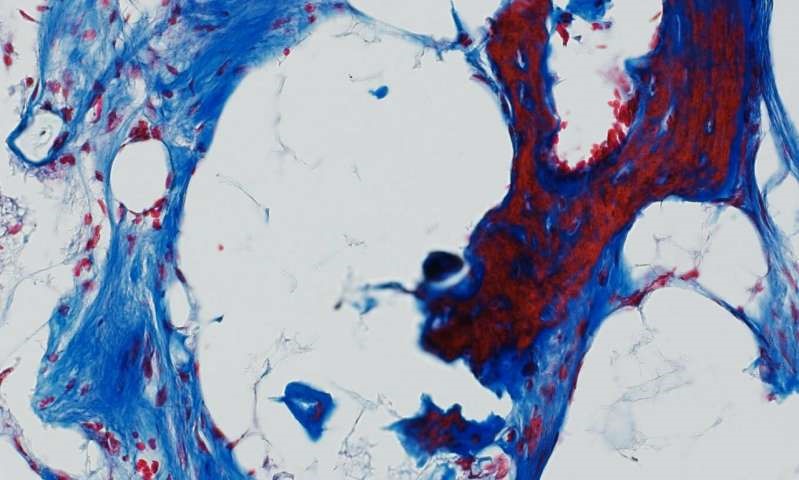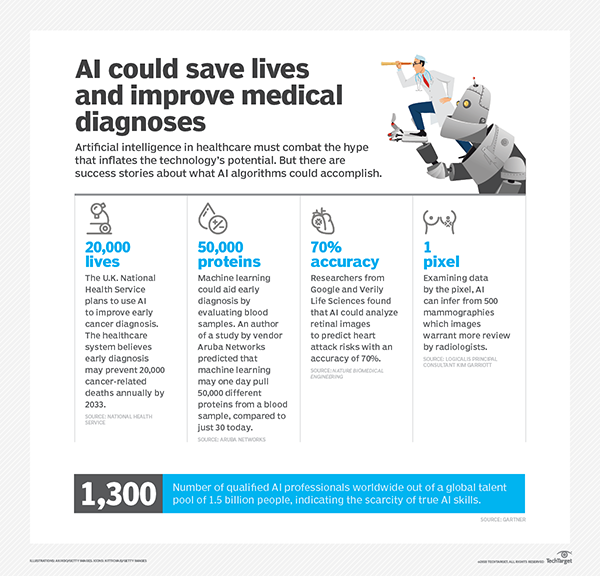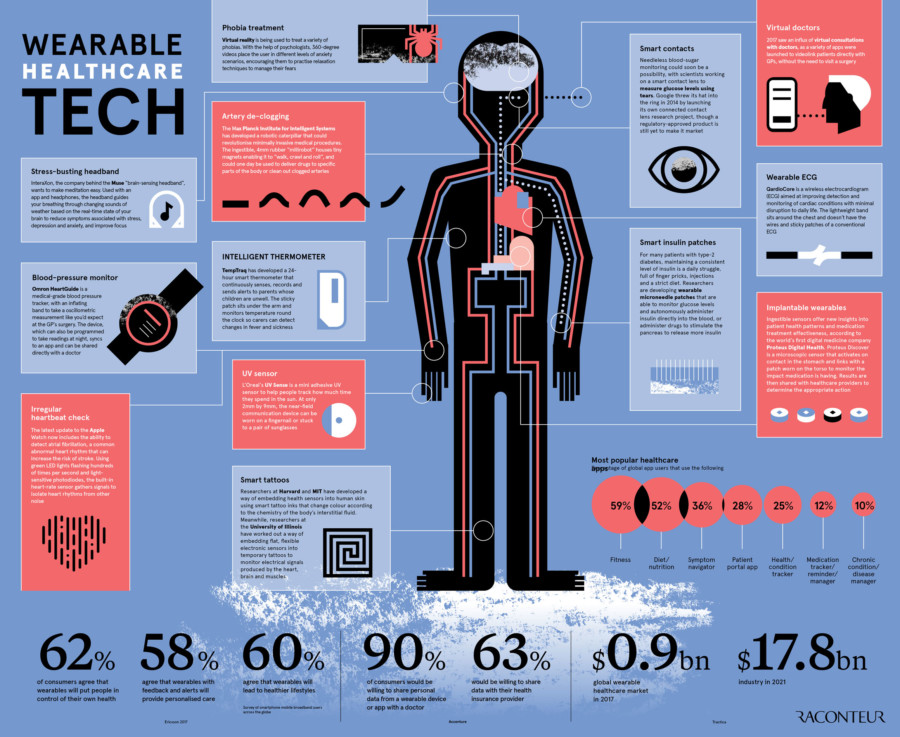Trial of cell-based therapy for high-risk lymphoma leads to FDA breakthrough designation
In an early Stanford Medicine study, CAR-T cell therapy helps some with intractable lymphoma, but those who relapse have few options. Modifying the therapy’s molecular target improved response. CAR-T cell therapy, which targets a specific protein on the surface of cancer cells, causes tumors to shrink or disappear in about half of patients with large




